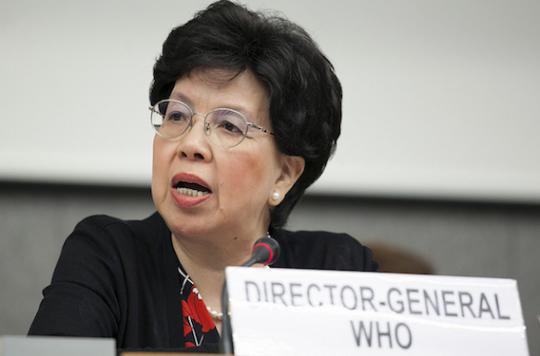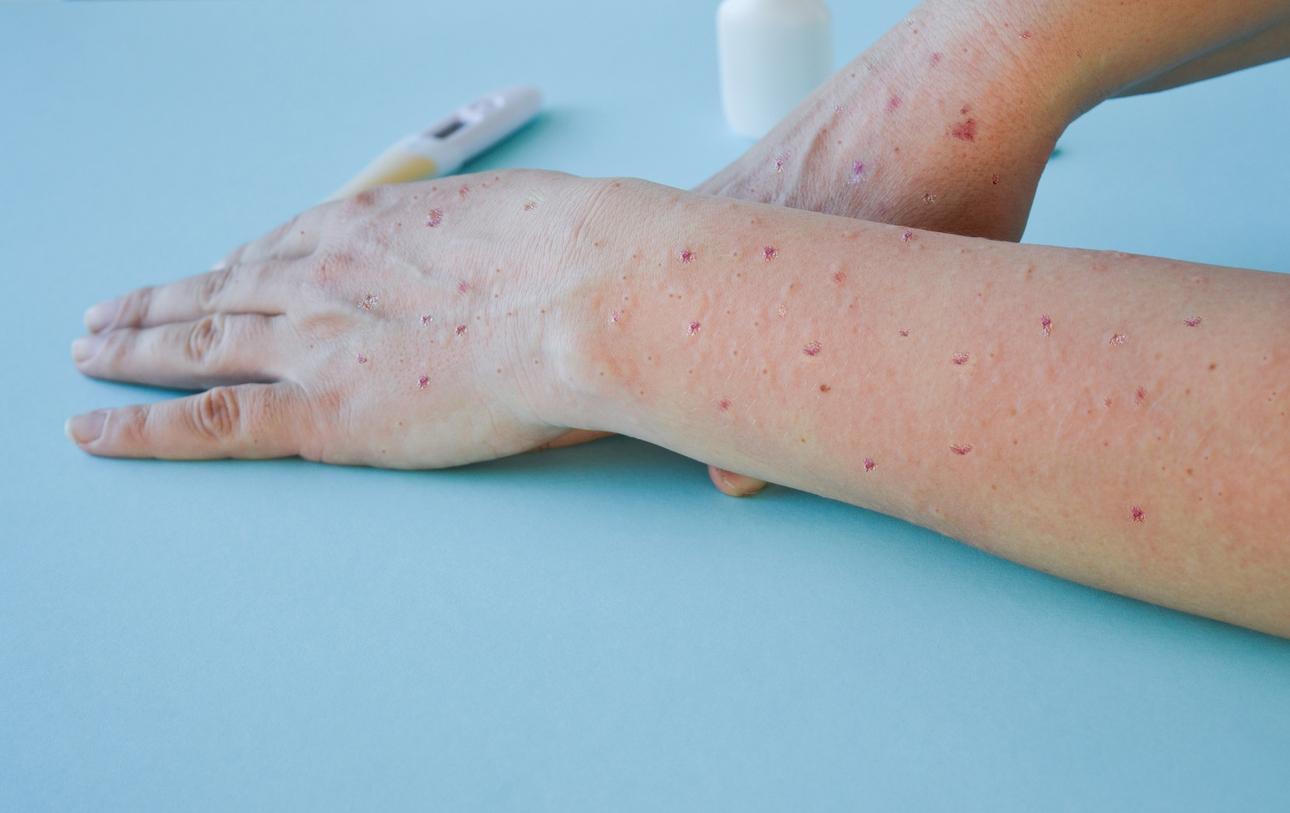The World Health Organization draws up a positive assessment in 2016 in terms of the fight against global infectious diseases.

“Advances in health give the world some of its best reasons for hope in 2017.” It is a positive assessment that the World Health Organization draws up in a press release which takes up the major works undertaken during the year 2016.
“For example in 2016, we sounded the alarm for some alarming trends: the shortage of vaccines in Africa, the harmful effects of social and gender inequalities on the health of young people, the increasing number of deaths due to drug use. ‘alcohol in Europe, the scale of the problem of hearing impairments in children and the immense consequences of air pollution for health ”.
Reduction of neglected tropical diseases
These alerts stimulate research and encourage action, says the WHO. By collaborating with many partners in multiple ways, the agency “has helped to achieve a dramatic drop in the price of new hepatitis treatments.”
The year was also marked by some victories against global infections, notes the WHO, which refers to a “narrowing of the map of infectious diseases”. As a result, more and more countries are eliminating lymphatic filariasis, blinding trachoma, visceral leishmaniasis, schistosomiasis, other neglected tropical diseases, and mother-to-child transmission of HIV and syphilis.
Malaria, AIDS, measles
“During 2016, the Region of the Americas was declared measles-free, Europe was malaria-free, and the South-East Asia Region conquered maternal and neonatal tetanus.”
Advances in AIDS, tuberculosis and malaria grabbed the headlines, as did the results of the United Nations High-Level Meeting on Antimicrobial Resistance. “Support for universal health coverage continues to grow,” says the agency.
The WHO also declared the Ebola outbreak over, “defined the Zika virus as a public health emergency of international concern and warned the world that this disease was going to stay,” she wrote.
The success of the fight against explosive outbreaks of urban yellow fever in Africa has “tested and confirmed the expansion of our operational capacities” under the new program for the management of health emergencies.
Tobacco control
Another cause for celebration: the year has been particularly good for tobacco control, with more countries passing laws requiring plain packaging and Uruguay’s legal victory over one of the world’s largest tobacco companies.
However, the agency also wants to be realistic: 2016 “ends in uncertainty, for the world political order, the future of a damaged planet, the infinite suffering of civilians and health personnel in the areas of war and the persistent failure of antibiotics that previously allowed medicine to “miracle” cures.
.

















